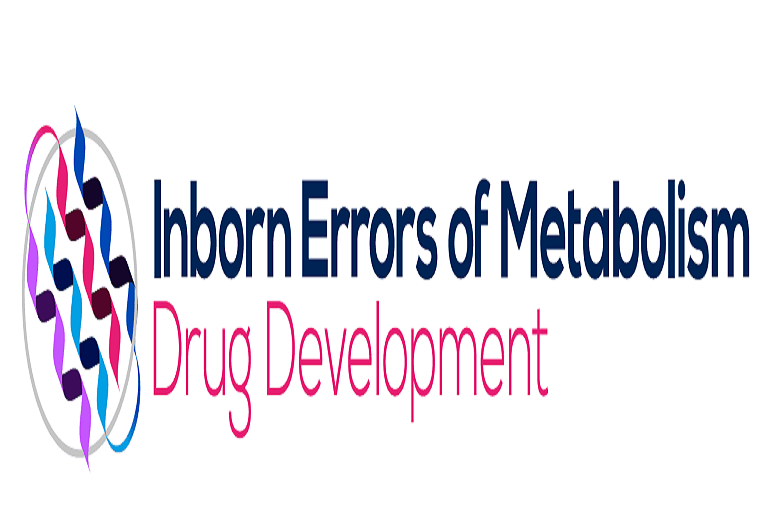Dr. Topol: We are experiencing a digital revolution in which technological advances are putting healthcare where it should be: in the hands of patients. How is the ACA helping to foster medical innovation?
Secretary Sebelius: A recent New York Times column, “Obamacare’s Other Surprise,”[1] by Thomas L. Friedman, echoes what we’ve been hearing from healthcare providers and innovators: Data that support medical decision-making and collaboration, dovetailing with new tools in the Affordable Care Act, are spurring the innovation necessary to deliver improved healthcare for more people at affordable prices.
Today we are focused on driving a smarter healthcare system with an emphasis on the quality — not quantity — of care. The healthcare law includes many tools to increase transparency, avoid costly mistakes and hospital readmissions, keep patients healthy, and test new payment and care delivery models, like Accountable Care Organizations (ACOs). Health information technology is a critical underpinning to this larger strategy.
In May we reached an important milestone in the adoption of health information technology. More than half of all doctors and other eligible providers, and nearly 80% of hospitals, are using electronic health records (EHRs) to improve care, an increase of at least 200% since 2008. Also in May, we announced a $1 billion challenge to help jump-start innovative projects that test creative ways to deliver high-quality medical care and lower costs to people enrolled in Medicare and Medicaid, following 81 Health Care Innovation Awards that HHS awarded last year.
Dr. Topol: Physicians have long lamented the lack of participation by patients in clinical trials, but the ACA is opening the door for greater participation by allowing patients to keep their health insurance while participating in clinical research. Are patients even aware that this provision now exists? How do you see it affecting clinical trial participation in the future?
Secretary Sebelius: In 2014, thanks to the ACA, insurance companies will no longer be able to deny patients from participating in an approved clinical trial for treatment of cancer or another life-threatening disease or condition, nor can they deny or limit the coverage of routine patient costs for items or services in connection with trial participation. For many patients, access to cutting-edge medicine available through clinical trials can increase their likelihood of survival. This is an important protection for patients that not only could have a life-altering impact, but it’s also one that serves to facilitate participation in research that is critical to expanding our knowledge base and finding cures and treatments for those illnesses that threaten the lives of Americans each day.
Dr. Topol: One of the intentions of the ACA is to increase the primary care workforce. This is critical as we approach 2014, when more Americans than ever will have either private insurance or Medicaid. Have you seen any movement in the primary care workforce? Are there concerns that there aren’t enough clinicians available to meet the forthcoming patient load?
Secretary Sebelius: Primary care providers are critical to ensuring better coordinated care and better health outcomes for all Americans. To meet the health needs of Americans, the Obama Administration has made the recruitment, training, and retention of primary care professionals a top priority.
Together, the ACA, the American Recovery and Reinvestment Act of 2009, and ongoing federal investments in the healthcare workforce have led to significant progress in training new primary care providers — such as physicians, nurse practitioners, and physician assistants — and encouraging primary care providers to practice in underserved areas, including:
- Nearly tripling the National Health Service Corps;
- Increasing the number of medical residents, nurse practitioners, and physician assistants trained in primary care, including placing over 1500 new primary care providers in underserved areas;
- Creating primary care payment incentives for providers; and
- Redistributing unused residency positions and directing those slots for the training of primary care physicians.
Additionally, the ACA is modernizing the primary care training infrastructure, creating new primary care clinical training opportunities, supporting primary care practice, and improving payment and financial incentives for coordinated care.
Improving Hospital Safety
Dr. Topol: George Orwell once said that the hospital is the antechamber to the tomb. That was written decades ago, and unfortunately there’s still truth to that today. One in 4 hospital patients in America have a problem with medical mistakes, contract hospital-acquired infections, and experience medication errors. The ACA last year began linking Medicare payments to quality of patient care, offering financial incentives to hospitals that improve patient care. How is this working? Have there been any meaningful care improvements over the past year?
Secretary Sebelius: The ACA includes steps to improve the quality of healthcare and, in so doing, lowers costs for taxpayers and patients. This means avoiding costly mistakes and readmissions, keeping patients healthy, rewarding quality instead of quantity, and creating the health information technology infrastructure that enables new payment and delivery models to work. These reforms and investments will build a healthcare system that will ensure quality care for generations to come.
Already we have made significant progress:
Healthcare Spending Is Slowing
Secretary Sebelius: Medicare spending per beneficiary grew just 0.4% per capita in fiscal year 2012, continuing the pattern of very low growth in 2010 and 2011. Medicaid spending per beneficiary also decreased 0.9% in 2011, compared with 0.6% growth in 2010. Average annual increases in family premiums for employer-sponsored insurance were 6.2% from 2004 to 2008, 5.6% from 2009 to 2012, and 4.5% in 2012 alone.
Health Outcomes Are Improving and Adverse Events Are Decreasing
Secretary Sebelius: Several programs tie Medicare reimbursement for hospitals to their readmission rates, when patients have to come back into the hospital within 30 days of being discharged. Additionally, as part of a new ACA initiative, clinicians at some hospitals have reduced their early elective deliveries to close to zero, meaning fewer at-risk newborns and fewer admissions to the NICU.
Providers Are Engaged
Secretary Sebelius: In 2012, we debuted the Medicare Shared Savings Program and the Pioneer Accountable Care Organization Model. These programs encourage providers to invest in redesigning care for higher-quality and more efficient service delivery, without restricting patients’ freedom to go to the Medicare provider of their choice.
Over 250 organizations are participating in Medicare ACOs, serving approximately 4 million, or 8%, of Medicare beneficiaries. As existing ACOs choose to add providers and as more organizations join the program, participation in ACOs is expected to grow. ACOs are estimated to save up to $940 million in the first 4 years.
Dr. Topol: The future of medicine is all about genetic testing and using genetic data to develop new and better treatments for patients. How does genomic medicine figure into the ACA? How is it helping to further personalized medicine for patients?
Secretary Sebelius: All marketplace health plans and many other private plans are required to cover recommended preventive services without charging you a copay or deductible. Genetic counseling and testing for the breast cancer susceptibility gene (BRCA) for women at higher risk for breast cancer is one of the free preventive services for women. Also covered without cost-sharing in many private plans are well-woman visits, where a woman can sit down, talk with her provider, and get the recommended preventive services that are age- and developmentally appropriate.
Dr. Topol: Thank you, Secretary Sebelius.














































